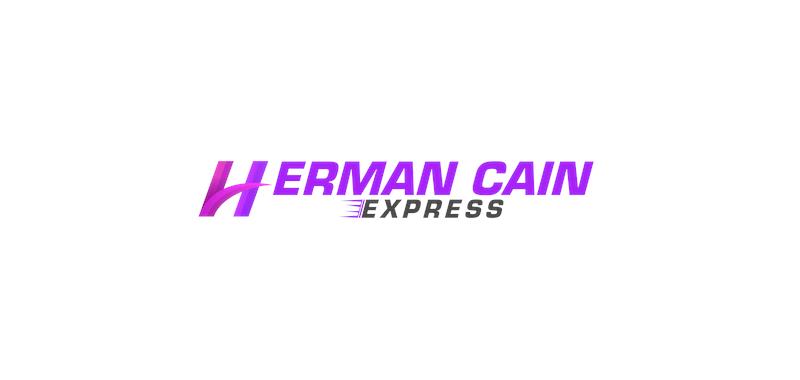
Envoys from Iran and the U.S. completed the first round of “positive” and “constructive” talks regarding Tehran’s developing nuclear program in Oman and agreed to continue discussions next weekend, according to the Trump administration.
Middle East envoy Steve Wiktoff, alongside U.S. Ambassador to Oman Ana Escrogima, spoke with Iranian Foreign Minister Seyed Abbas Araghchi on Saturday in a nearly two-and-a-half-hour-long meeting that was mediated by Omani Foreign Minister Badr Al-Busaidy.
The two sides started talking at about 3:30 p.m. local time and finished at around 5:50 p.m. They were held just outside of Muscat, the capital of Oman.
Witkoff “underscored” to Araghchi that he “had instructions from President Trump to resolve our two nations’ differences through dialogue and diplomacy, if that is possible,” according to the administration.
“These issues are very complicated, and Special Envoy Witkoff’s direct communication today was a step forward in achieving a mutually beneficial outcome,” the White House said in a statement on Saturday. “The sides agreed to meet again next Saturday.”
Similarly, Araghachi described the “indirect” talks as “constructive” and “promising” and indicated they will continue next week.
“The talks were conducted in an atmosphere of mutual respect,” Araghchi said in a Saturday post on social platform X. “I elaborated Iran’s viewpoints in a firm yet forward-looking manner. Both sides decided to continue the process in a matter of days.”
The National Security Council referred The Hill to Witkoff’s team while the State Department pointed to the White House statement when reached for comment.
The talks between the two countries come as President Trump has repeatedly pushed to reach a new nuclear deal with Iran. Trump in 2018 notably pulled out of a previous agreement that was brokered by former President Obama.
The White House, however, has emphasized that a fresh deal must include Tehran disposing of its nuclear arsenal.
If an agreement is not reached, the president said, military action against the country might ensue. The warning comes after the U.S. imposed new sanctions on five entities and one individual based in Iran earlier this week for their support of those overseeing the nuclear program.
“I want Iran to be a wonderful, great, happy country, but they can’t have a nuclear weapon,” Trump told reporters Friday aboard Air Force One.
Before discussions with the U.S. delegation, Araghchi and Al-Busaidy met in Muscat, Oman. Iran’s top diplomat expressed gratitude to Oman for hosting the talks and shared the “key points and positions of the Islamic Republic of Iran with his Omani counterpart to be conveyed to the other side.”
Ahead of the high-stakes talks, Witkoff said the administration’s “red line” with Iran is preventing the Islamic nation from churning out a nuclear weapon.
Witkoff, who Trump has delegated the lead negotiator in ceasefire talks between Russia and Ukraine, said the administration’s starting demand is for Tehran to nix its nuclear program. The same position is also held by Israel, but the envoy said there’s some room for compromise to strike a deal.
“I think our position begins with dismantlement of your program. That is our position today,” Witkoff told The Wall Street Journal in an interview published Friday. “That doesn’t mean, by the way, that at the margin we’re not going to find other ways to find compromise between the two countries.”
“Where our red line will be, there can’t be weaponization of your nuclear capability,” he said.
Witkoff added that if a deal with Tehran is forged, there needs to be a robust verification process to ensure that Iran is not working on producing a nuclear bomb. He told The Journal that the Saturday talks are about “trust building.”
“It is about talking about why it is so important for us to get to a deal, not the exact terms of the deal,” he said.
Updated at 2 p.m. EDT

